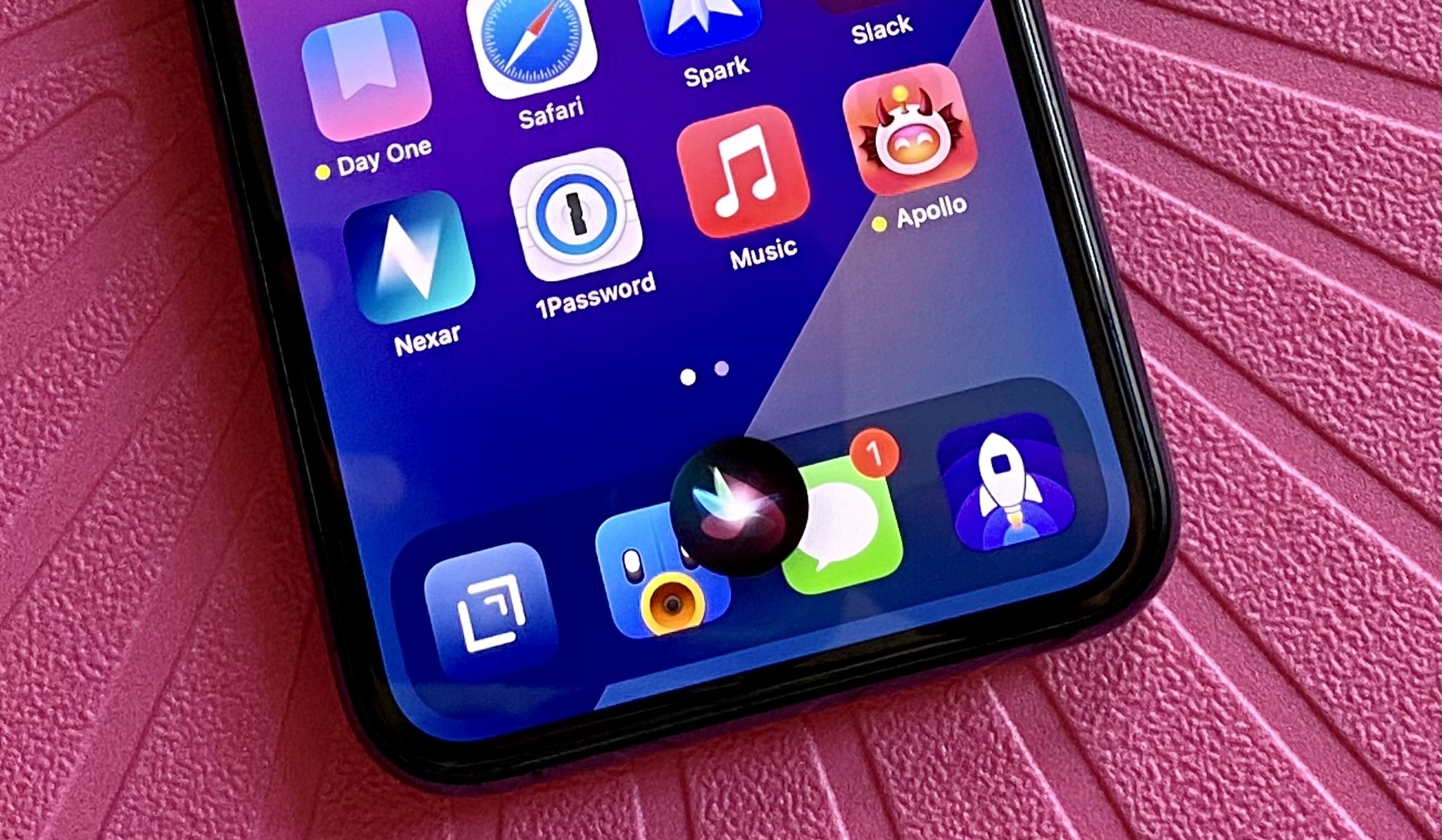As you can imagine, Apple is having none of it...
What you need to know
- Apple is being sued by a Chinese AI firm.
- Shanghai Zhizhen Intelligent Network Technology wants a court to ban Apple from selling and making the iPhone in China.
- It's over claims Apple infringes on patents owned by the company with Siri.
With the iPhone 13 reportedly just days away from launch, a Chinese company is trying to get Apple banned from selling and making the iPhone in the country.
SCMP reports:
A Chinese artificial intelligence firm has asked a Shanghai court to stop the production and sale of Apple's iPhone in the country over a long-standing patent dispute involving virtual assistant Siri, around a week before the world's most valuable company launches the latest update of its flagship smartphone.
Shanghai Zhizhen Intelligent Network Technology has applied for a preliminary injunction to ban the sale, manufacture and export of iPhones that contain Siri (so all of them) in China, because of a patent infringement. In a statement, the company's chief exec said Apple didn't respect its intellectual property and should "immediately stop the infringement, take down and stop selling the related products." The statement was made just hours before Apple announced its September 14 event where it is expected to unveil the successor to iPhone 12, currently the company's best iPhone, as well as the Apple Watch Series 7 and AirPods 3.
In a previous statement, Apple said "Siri does not contain features included in their patent, which relates to games and instant messaging … Independent appraisers certified by the Supreme People's Court have also concluded that Apple does not infringe Xiao-i Robot's technology." The move is just another turn in a 10-year saga. Apple of course employs Siri across many of its devices including the iPad, Mac, and HomePod, as well as the Apple Watch.
China is the heartland of iPhone production for Apple, so a legal ban on making the iPhone in the country would obviously be catastrophic. However, because of the immense impact it could have, it also seems very unlikely to be something a court would actually grant, and if a court or parties could agree that some sort of infringement had taken place a hefty financial settlement would ultimately be more likely.

0 Commentaires